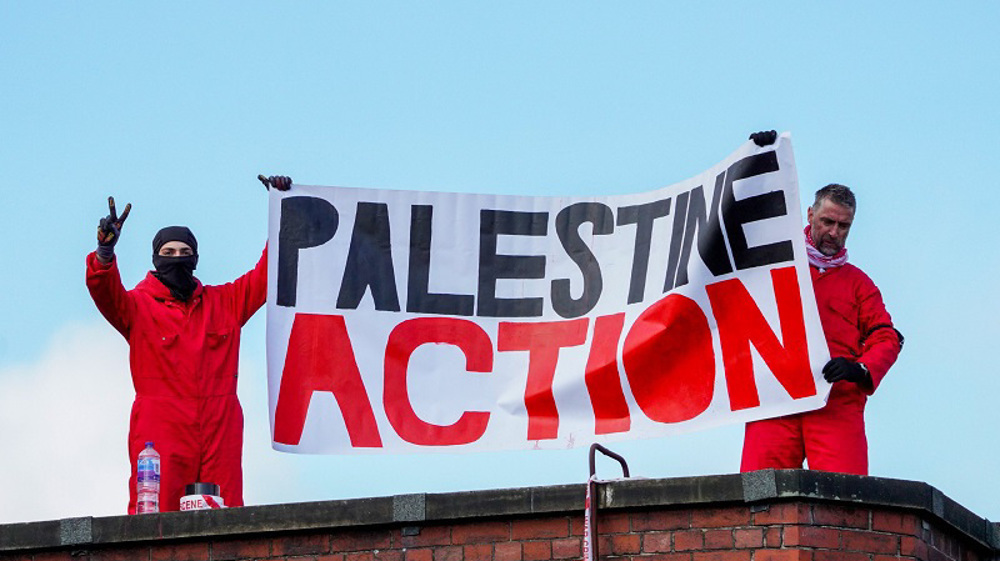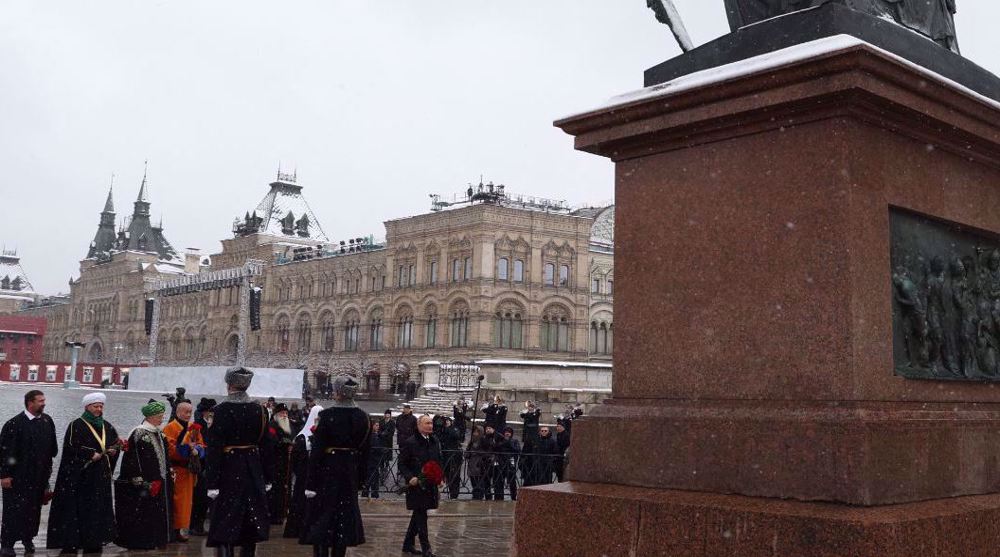Trump calls May to offer ‘his warm support’ after election
US President Donald Trump has offered British Prime Minister Theresa May his “warm support” after her Conservative Party won the most seats in a national election.
A White House spokesman said that Trump phoned May on Friday to tell her that Washington will continue its close cooperation with London.
"President Trump emphasized his commitment to the United States-United Kingdom special relationship and underscored that he looks forward to working with the Prime Minister on shared goals and interests in the years to come," the spokesman stated.
Also, the US State Department said it was looking forward to continuing to work with May, according to a statement emailed to The Associated Press.
US-UK "special relationship" will remain and "it is a bedrock of US security and foreign policy," the statement says, adding May "has been a staunch ally."
Also, French President Emmanuel Macron (pictured below) called May on the same day to congratulate her on keeping her post after the election.

"French President Emmanuel Macron called to congratulate the Prime Minister, and said he was pleased that she would continue to be a close partner," a spokesman for May said in a statement.
"They agreed that the strong friendship between our two countries was important and would endure,” the spokesman added.
May’s party lost its parliamentary majority, but the premier said would lead a minority government backed by Northern Ireland's Democratic Unionist Party (DUP).
According to the result of the general election held on Thursday, Conservatives won 318 seats in the 650-member House of Commons and the main opposition Labour Party led by Jeremy Corbyn clinched 262 seats.
Read more:
May’s party is short of the 326 it needed for an outright majority and fairly down from the 330 seats it had before the election.
On Friday, the prime minister said she and DUP will “form a government” which will “guide the country through the crucial Brexit talks.”
The UK held a referendum on June 23, 2016, in which 52 percent of Britons voted in favor of Brexit. Scottish voters however overwhelmingly voted to remain a part of the bloc.
Assad: Eradicating terrorism regional, int’l responsibility
‘Fascist occupation army’: Hamas slams Israeli onslaught on Beit Lahiya
VIDEO | Press TV's News Headlines
Ukraine war will end ‘sooner’ with return of Trump: Zelensky
Pro-Palestine rally held in Seoul
Beit Lahiya massacre: Tens of Palestinians killed in Israeli strike
VIDEO | Israel wages 145 attacks on Lebanon in one day
Inglorious legacy: Biden will go down in history as killer of Palestinian children










 This makes it easy to access the Press TV website
This makes it easy to access the Press TV website